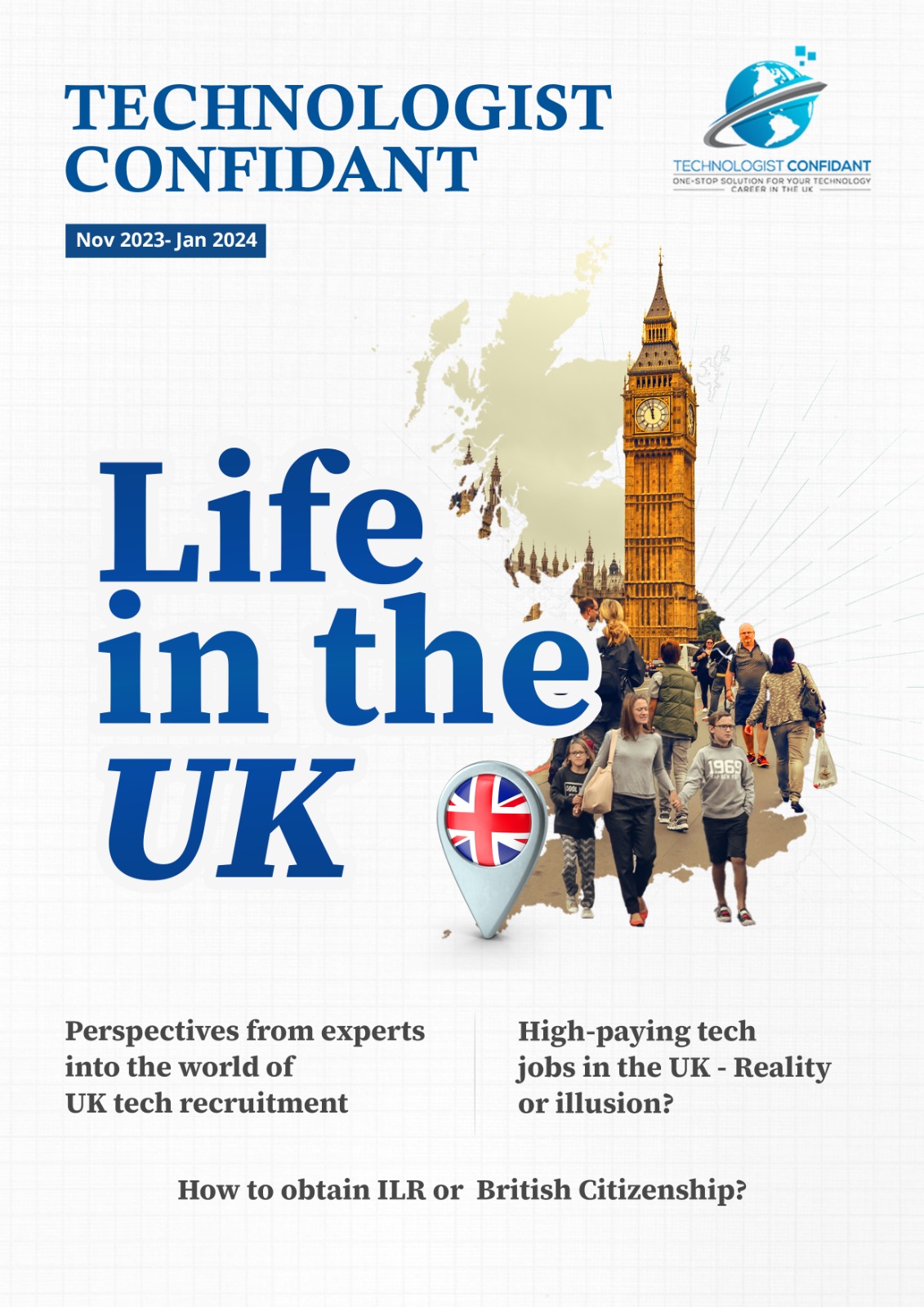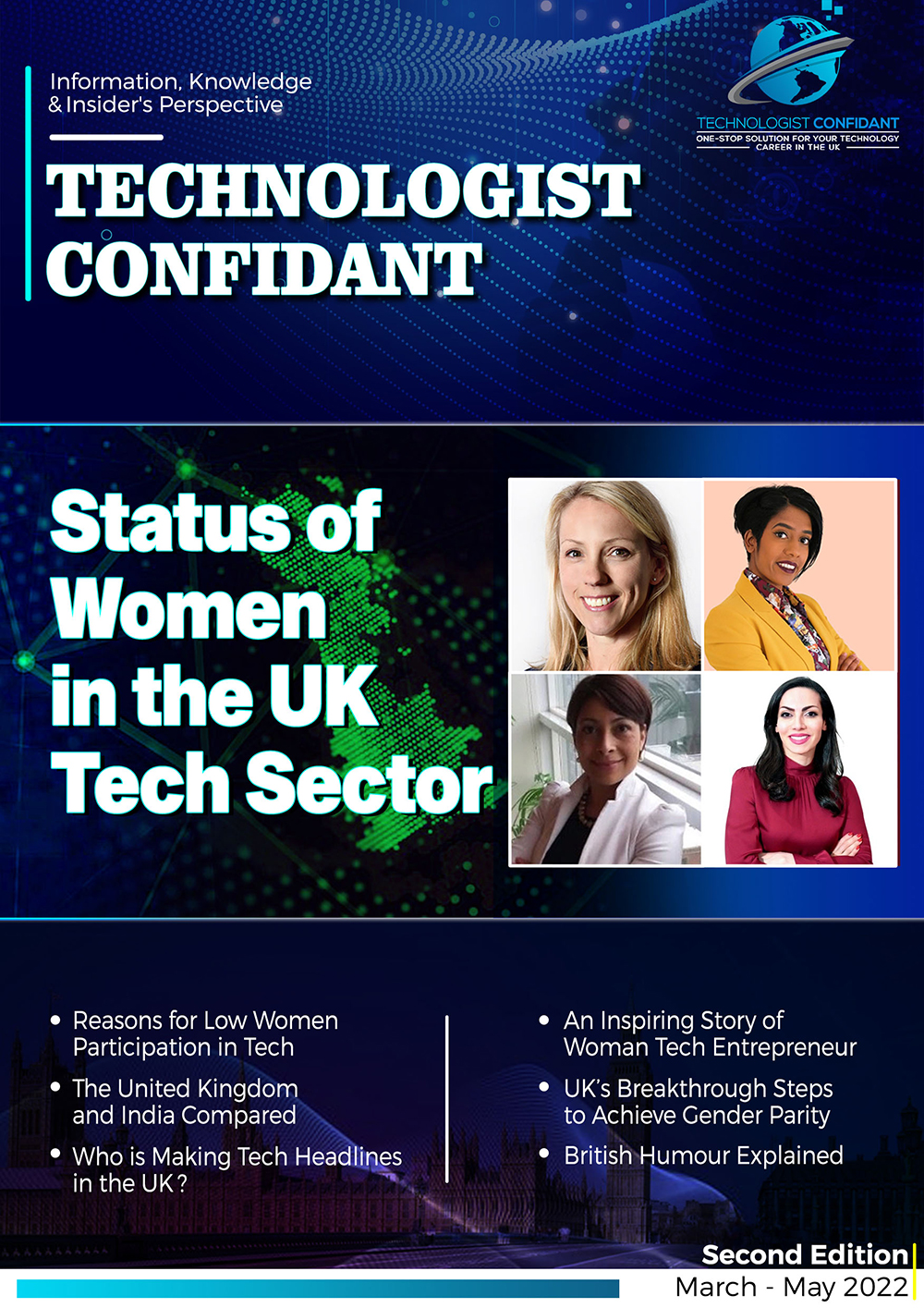Working in the United Kingdom is unlike any other place in the world. With its rich history and unique work culture, thriving metropolitan centres, spectacular rural beauty, and over 7,000 kilometres of stunning coastline, it's no surprise that this historical nation attracts more immigrant workers than any other country on the planet. It is a popular option for professionals seeking a luxurious lifestyle as well as excellent employment possibilities.
However, while an international professional may initially believe that the British are conservative and even aloof, the truth is that they are nice people who welcome overseas people. Moreover, the United Kingdom boasts a varied spectrum of cultures. Working in the UK exposes one to philosophy, architecture, art, literature, humour, music, cinema, and sport (among many other things).
When it comes to workplace culture, the UK is distinct from other countries in the world, like the United States, China, and India. It can be difficult for international professionals to acclimatise to workplaces in the UK, so here is a brief guide to understanding work-life in the UK.
India Vs the UK Work Culture
In the Indian work culture, bosses, power-privileged, immediate superiors or paternalistic leaders, give reason/meaning to ones who work for them. Followed by a deep-rooted notion of acceptance of unequal treatment between the dominant and those lower down the pecking order. Even though it may not appear to be so, real power is concentrated, and managers rely on the loyalty of their team members. Employees want to be properly informed as to their roles and what is expected of them. Control is familiar, even psychologically secure, and attitudes toward bosses are formal, even if one knows them by their first name. Communication is top-down and directive in nature, and frequently critical feedback is never delivered up the ladder.
On the other hand, British companies foster creative flexibility, and flat organisational structures are significantly more common. Despite the importance of hierarchy in several aspects of British business culture, equality is highly regarded.Equal growth opportunities and respect for all employees, regardless of job status or age, are two concepts that most UK organisations adhere to. In contrast to India, elderly people do not usually hold the most authority in business; in fact, your boss could be someone younger than you!
Following on from the preceding concept of respect, Indians generally attempt to avoid sharing unpleasant thoughts and opinions and insulting the other person. In this effort to be nice, it might be difficult for others to properly understand the individual's true views and opinions on a matter.
In contrast, the British are more open, people are more willing to speak what they believe. Although Brits are not as upfront and straightforward as some of their European colleagues, they are significantly less prone to tiptoe around others when voicing their opinions.
Furthermore, in the UK, colleagues at various levels will also be seen socialising. If the firm, for example, has a football team, everyone is allowed to participate. Senior executives may also be invited to birthday meals or Friday night cocktails.
China Vs the UK Work Culture
Let’s learn about the China and UK work culture through Hofstedes' aspects of cultural variability. He highlighted five cultural dimensions: Masculinity vs. Femininity, Uncertainty Avoidance, Individualism vs. Collectivism (ID), Power Distance (PD), and Long-term vs. Short-term.
There is little difference between the two nations in terms of masculinity and long-term orientation. However, there are significant variances in the other aspects. When it comes to individualism, Hofstede discovered that when rating nations by individualism score, China has a low score of 20. This contrasts with the UK having one of the highest in the world at 89. As a result of China's collectivist culture, Chinese project managers will link their work identity largely with the organisation, whereas UK managers will link their work identity primarily with themselves.
Another difference is that Chinese work culture prioritises connections, but in the UK, independence and control are prioritised. The power distance is often significantly wider in China than in the UK, implying that British negotiators must pay close attention to their Chinese partners' organisational hierarchy and recognise that their Chinese colleagues would be particularly sensitive to hierarchical concerns. Furthermore, in Chinese culture with high PD, the ideal leader is a benevolent dictator, but in UK culture with low PD, the ideal leader is a competent democrat.
The businesses in China favour slower negotiations, but the British think that time equals money and are eager to close the agreement as soon as possible. This reflects their opposing perspectives on the aim of negotiation as well as their opposing perspectives on Hofstede's long-term vs short-term orientation.
The businesses in China favour slower negotiations, but the British think that time equals money and are eager to close the agreement as soon as possible. This reflects their opposing perspectives on the aim of negotiation as well as their opposing perspectives on Hofstede's long-term vs short-term orientation.
The UK vs The USA
While there are many parallels between these two Western countries, there are also many significant distinctions. When it comes to corporate culture, the United Kingdom and the United States of America do not always agree on how things should be done. Some of the most significant distinctions are found in communication styles. British people, for example, are often reserved, sarcastic, and cynical. People in the United States are more likely to glorify or boast about their achievements, whereas the opposite is true in the United Kingdom.
The British are known across the world for their finesse, politeness, and sarcasm. Unlike in the United States, blunt remarks are avoided in favour of a distinctively British kind of linguistic agility. To minimise their disagreement, appreciation of anything, the genuine nature of any comment, or their enthusiasm, the British frequently maintain calm and provide oblique remarks in order to deflate any signs of emotion, or to construct a subtle joke at the expense of someone else.
If something is "pretty decent," they most likely despise it. Compliments should always be avoided. And, whereas "maybe" might indicate either "yes" or "no" when stated by an American, it nearly always signifies "no" when said by a British person.
Workers' rights are another significant distinction between the United States and the United Kingdom. Full-time employees in the United Kingdom are legally entitled to up to 28 weeks of sick leave. Unless your firm provides a competitive benefits package, there is no guaranteed sick leave in the United States. Similarly, the UK provides 20 days of paid holiday leave, although there is no such assurance in the US.
The distinction is the same for paid maternity and paternity leave. For instance, British women can take up to 52 weeks off work after delivering a baby, with a weekly maximum of £140.98, but American women can take up to 12 weeks, although it is not certain to be paid leave.
Small talk is essentially important to connection building in the workplace in the United States, regardless of your position. While sporting events or celebrity news may be the standard go-to topics for American water-cooler chat, there is one topic that stands out above all others as a favourite in the UK: the weather.
This handbook does not describe every workplace in the UK; rather, it provides an awareness of how cultural differences might manifest themselves in everyday work life. If you're new to working in the UK and are from another nation, our greatest advice is to be professional and on time, but also to have fun and a sense of humour.

.jpg)




